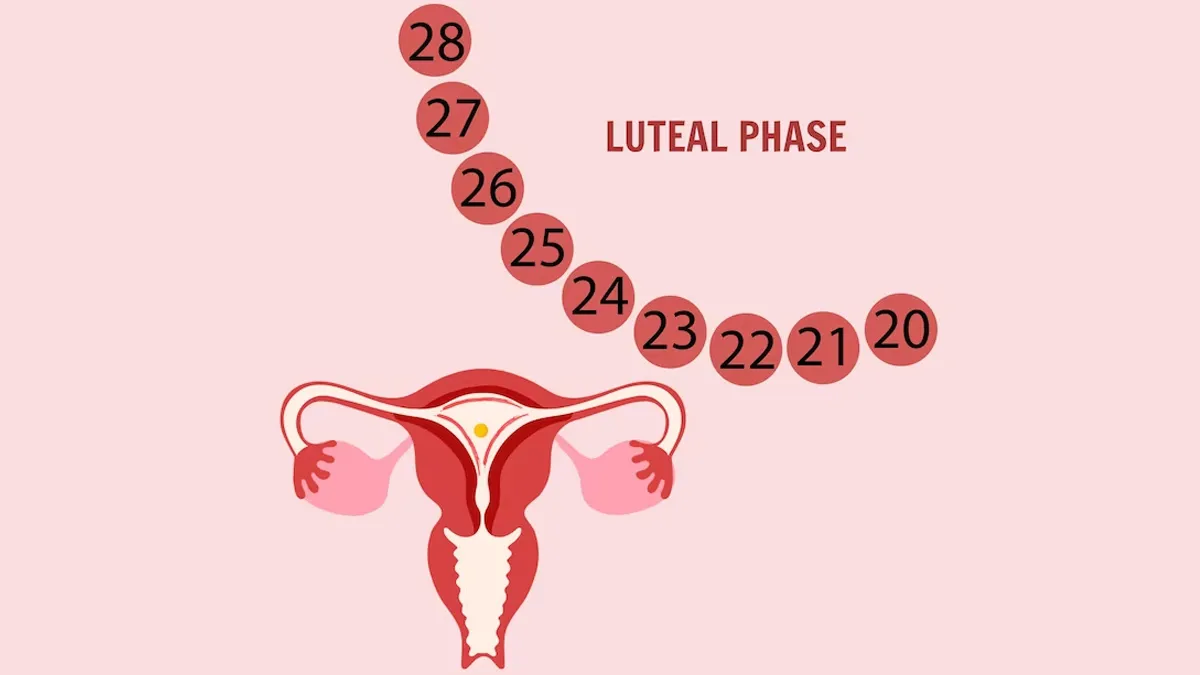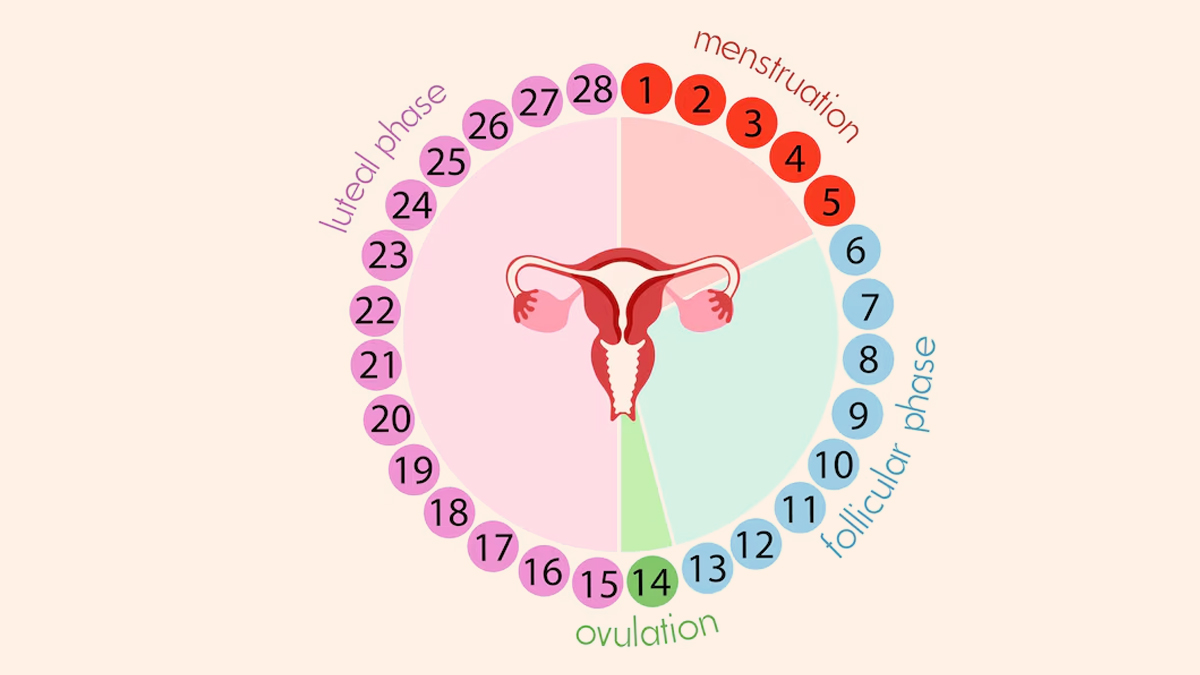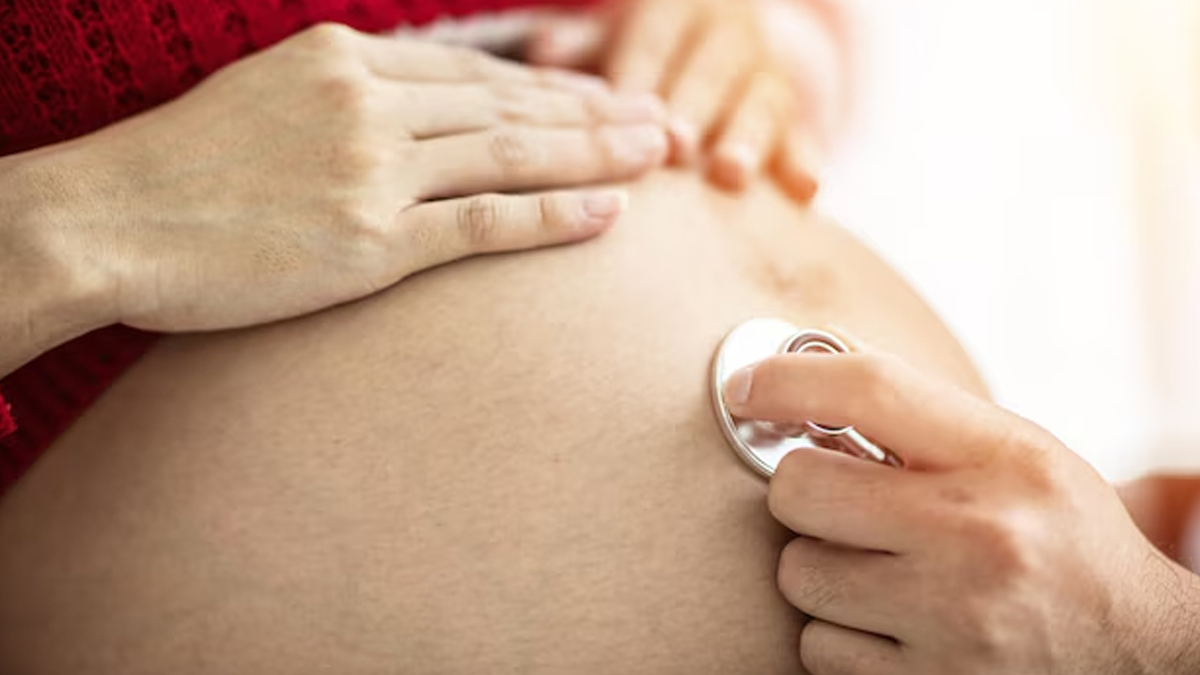
Have you ever wondered what happens in your body after you ovulate and before your next period starts? For many women trying to conceive, understanding this time frame called the luteal phase can feel like unlocking a secret to fertility. Lasting about 10 to 16 days, this phase is more than just a countdown to menstruation; it’s a crucial period where your body is preparing itself for the possibility of pregnancy. We spoke to our expert Dr Vaishali Sharma MBBS, MD (AIIMS) Obstetrics and Gynaecology, Laparoscopic Surgeon, who explained the role of the luteal phase in conception and what you can do to support your body during this important time.
Table of Content:-
Understanding the Luteal Phase

"The luteal phase is the latter half of the menstrual cycle, beginning immediately after ovulation and concluding with the start of menstruation. It typically lasts about 10-16 days and plays a crucial role in a woman’s fertility and ability to conceive," said Dr Sharma. During this time, the body undergoes substantial hormonal shifts crucial for fertility and conception. Understanding the luteal phase helps women recognise its importance in achieving and maintaining a pregnancy.
Also Read: What Could It Mean If Your Period Lasts Longer Than 7 Days
Role of Progesterone in the Luteal Phase

After ovulation, the follicle that releases the egg transforms into a structure known as the corpus luteum. This glandular tissue plays a vital role in the luteal phase by secreting the hormone progesterone. Progesterone is often referred to as the 'pregnancy hormone' because of its essential role in establishing and maintaining a supportive environment for a fertilised egg.
Progesterone is responsible for thickening the uterine lining (endometrium) and preparing it for the potential implantation of a fertilised egg. "A well-developed endometrium is crucial; it needs to be lush and nutrient-rich to support the early stages of pregnancy. If fertilisation occurs, the elevated progesterone levels help sustain this supportive environment until the placenta forms and takes over hormone production," added Dr Sharma.
Why Is the Luteal Phase Important for Pregnancy?

The luteal phase is critical because it significantly influences whether a fertilised egg can successfully implant in the uterus. A properly functioning luteal phase ensures endometrial lining is thick enough and rich in blood vessels to nourish an embryo.
"Conversely, if the luteal phase is too short, typically less than 10 days or if progesterone levels are insufficient, the uterine lining may not be adequately prepared for implantation. This condition, known as Luteal Phase Defect (LPD), can lead to difficulties in maintaining a pregnancy, including challenges with conception and recurrent miscarriages," explained Dr Sharma. According to a 2017 study, LPD can occur due to insufficient progesterone production by the corpus luteum or because the endometrium does not respond properly to normal levels of progesterone.
The typical length of the luteal phase, measured from ovulation to menstruation, is between 11-17 days, with the majority lasting around 12-14 days. One suggested criterion for diagnosing LPD is a luteal phase shorter than 9 days. However, it is important to note that a short luteal phase can occur in up to 5% of healthy, fertile women, and there is no significant rise in the prevalence of short luteal phases among those who are infertile, as stated in a 2016 study.
Also Read: Take Control of Your Menstrual Cycle: Doctor Shares Truth About Period Delaying Pills in Detail
Tracking the Luteal Phase for Fertility
![]()
For women trying to conceive, understanding the luteal phase is crucial. "A healthy luteal phase supports pregnancy by creating a nurturing environment for the embryo and ensuring that the body sustains the pregnancy in its early stages. Tracking ovulation and the length of the luteal phase can provide valuable insights into fertility and overall reproductive health," said Dr Sharma.
Additionally, consulting with healthcare providers can help address any underlying issues that may affect luteal phase function. Some women may benefit from hormone therapies, lifestyle changes, or nutritional supplements to support healthy progesterone levels and overall reproductive health.
[Disclaimer: This article contains information provided by an expert and is for informational purposes only. Hence, we advise you to consult your own professional if you are dealing with any health issues to avoid complications.]
Also watch this video
How we keep this article up to date:
We work with experts and keep a close eye on the latest in health and wellness. Whenever there is a new research or helpful information, we update our articles with accurate and useful advice.
Current Version